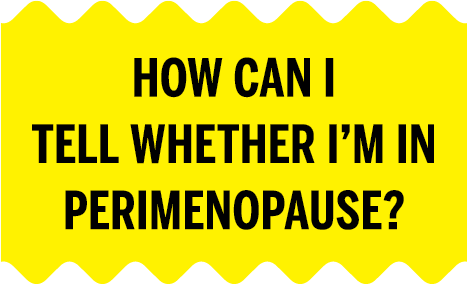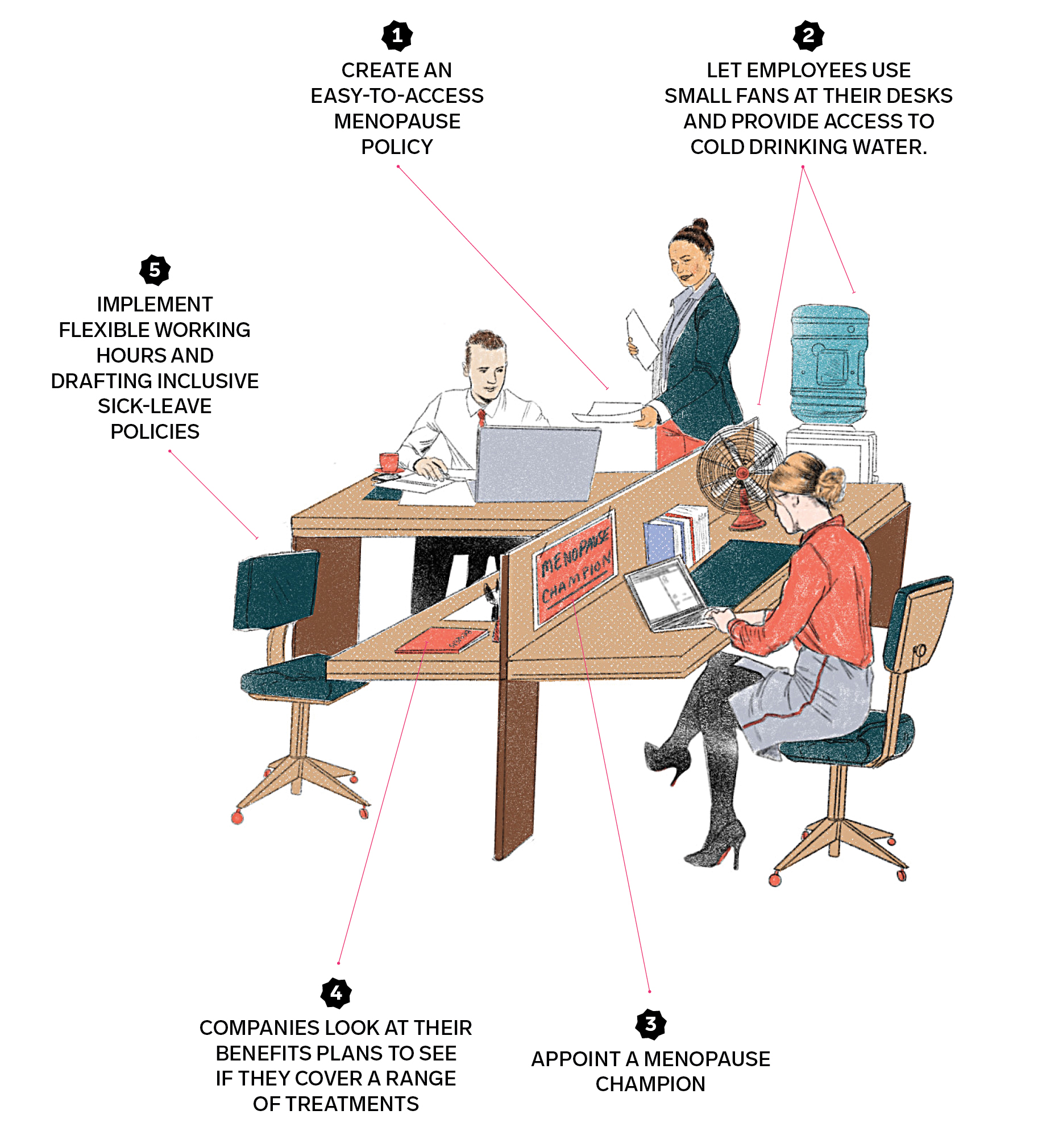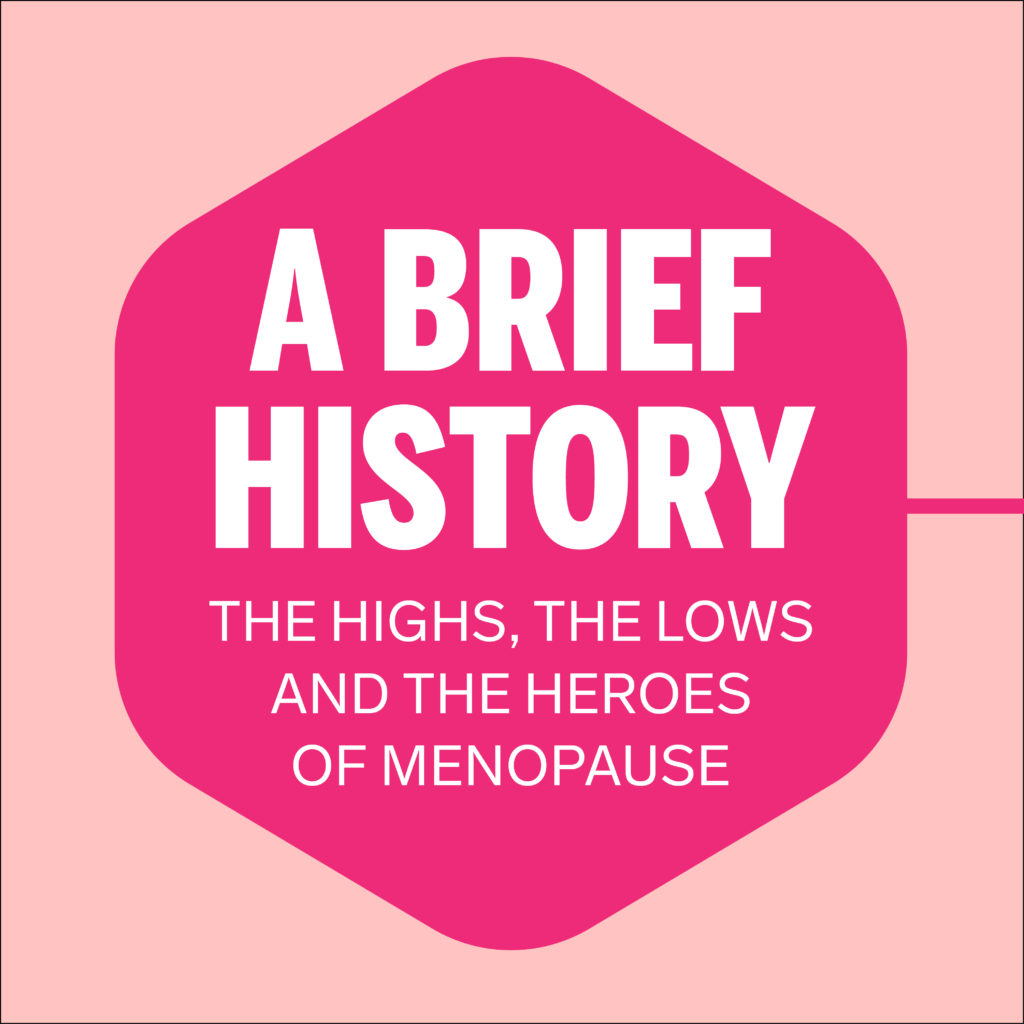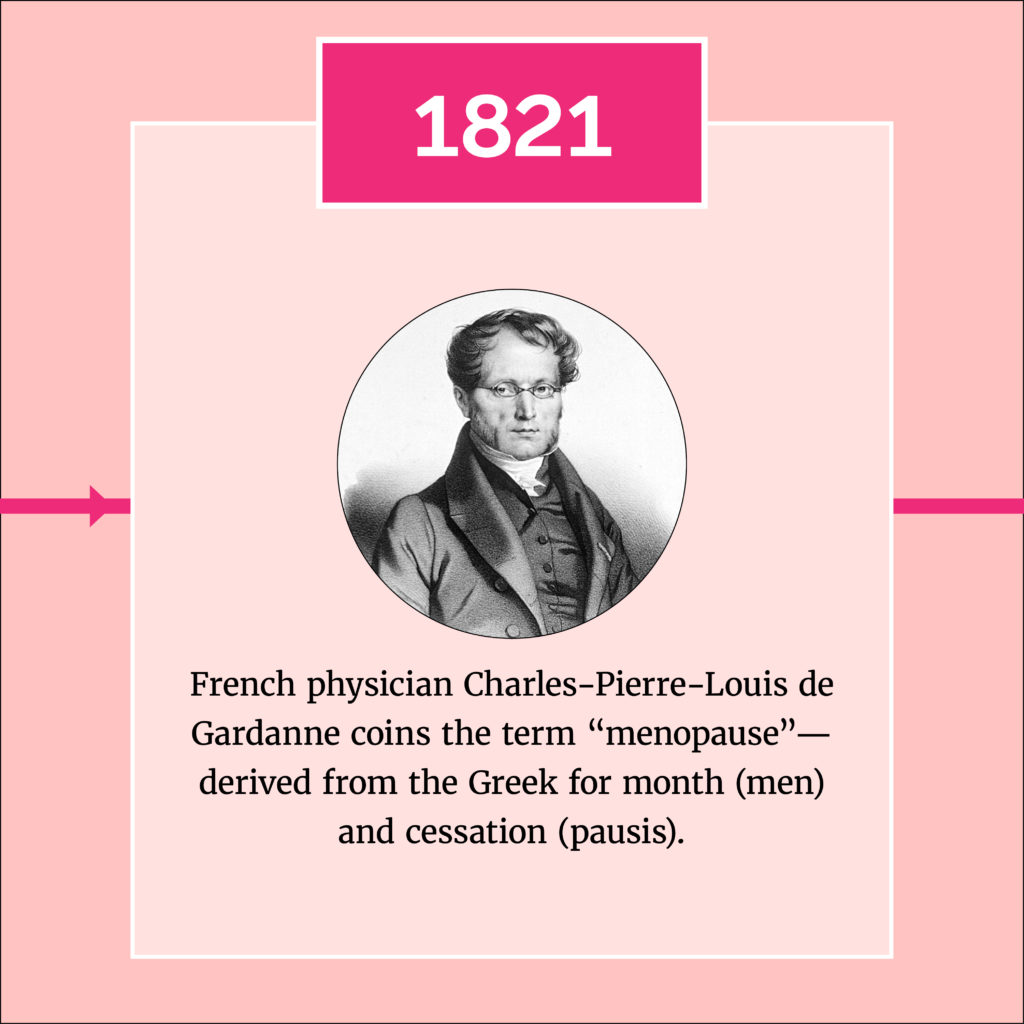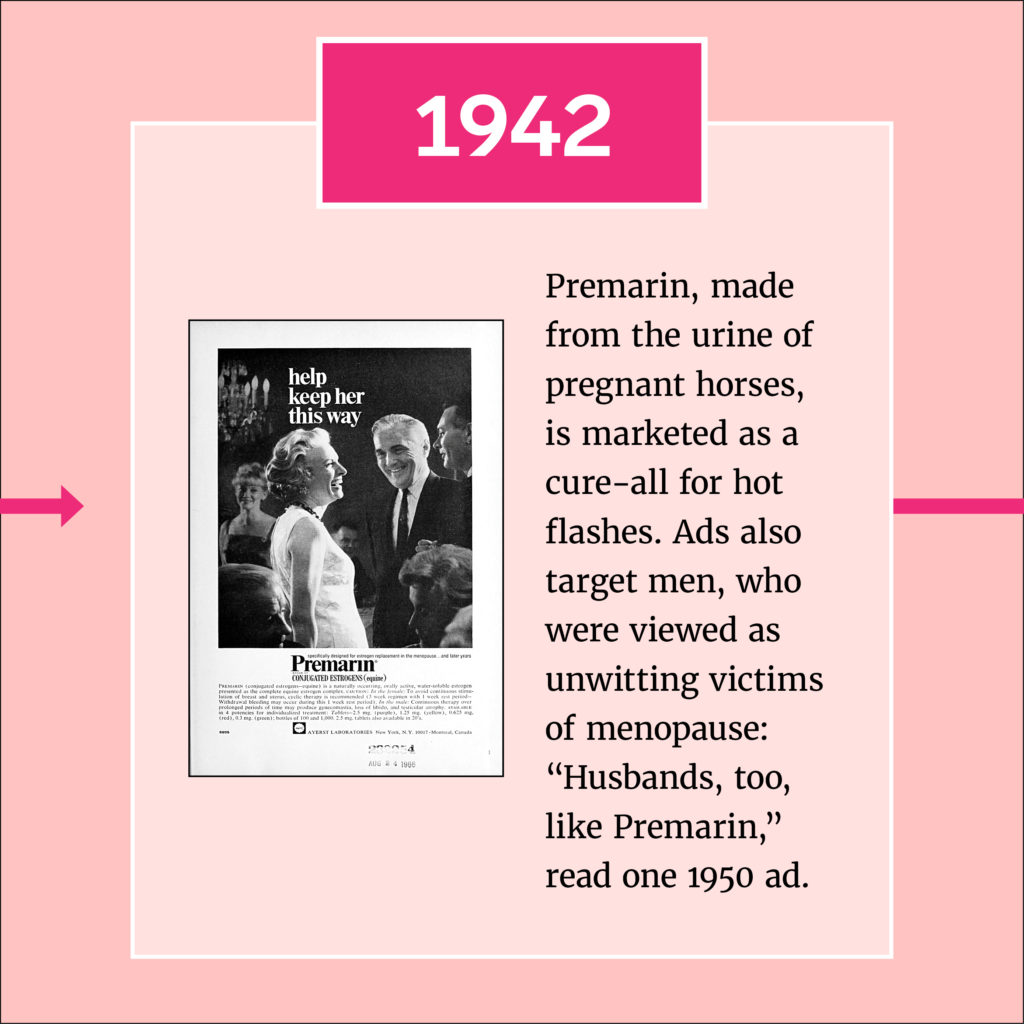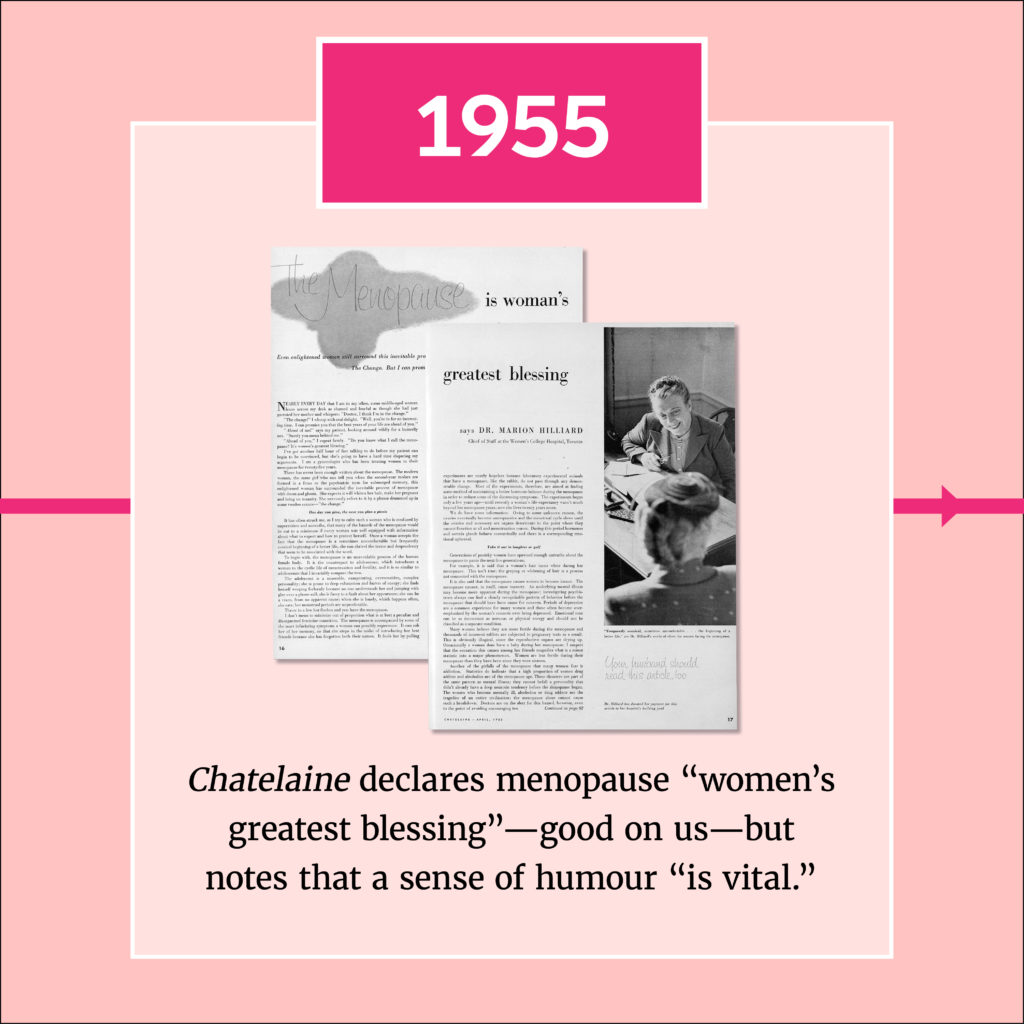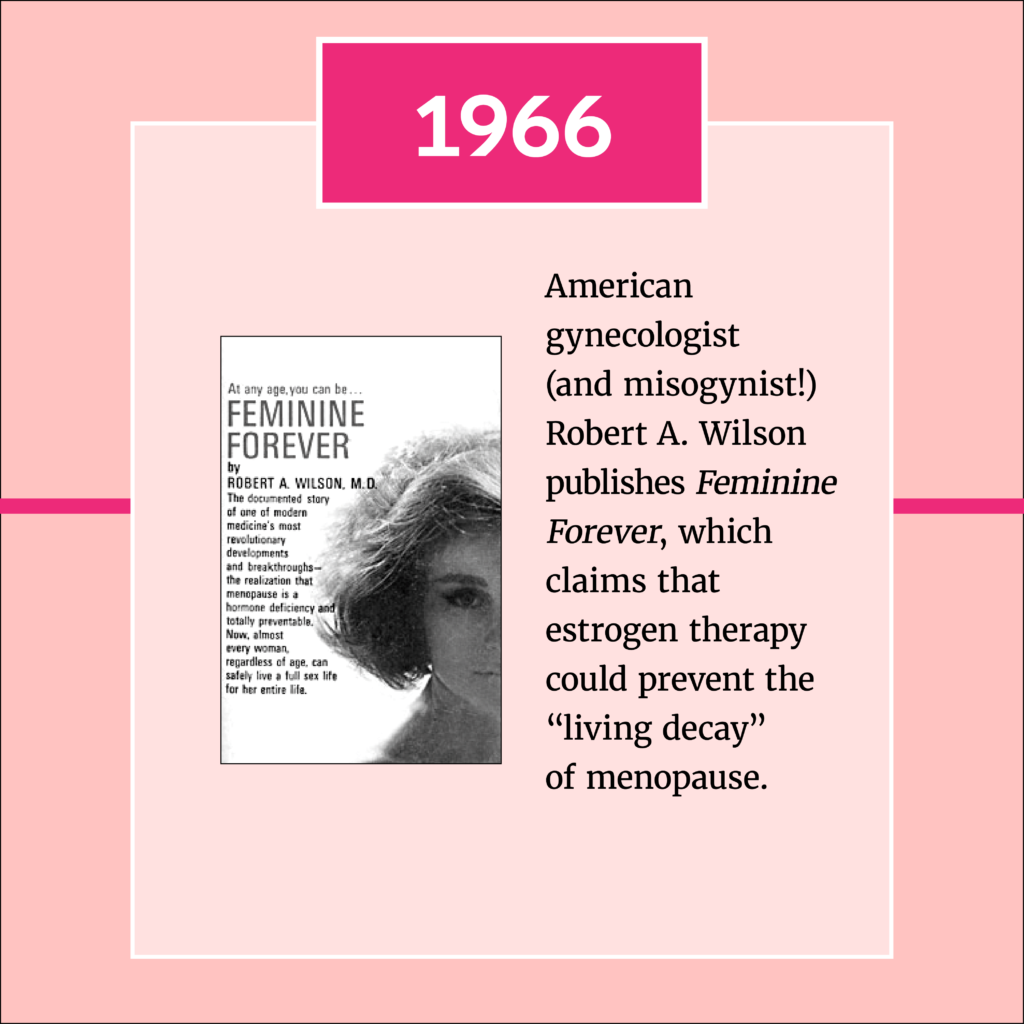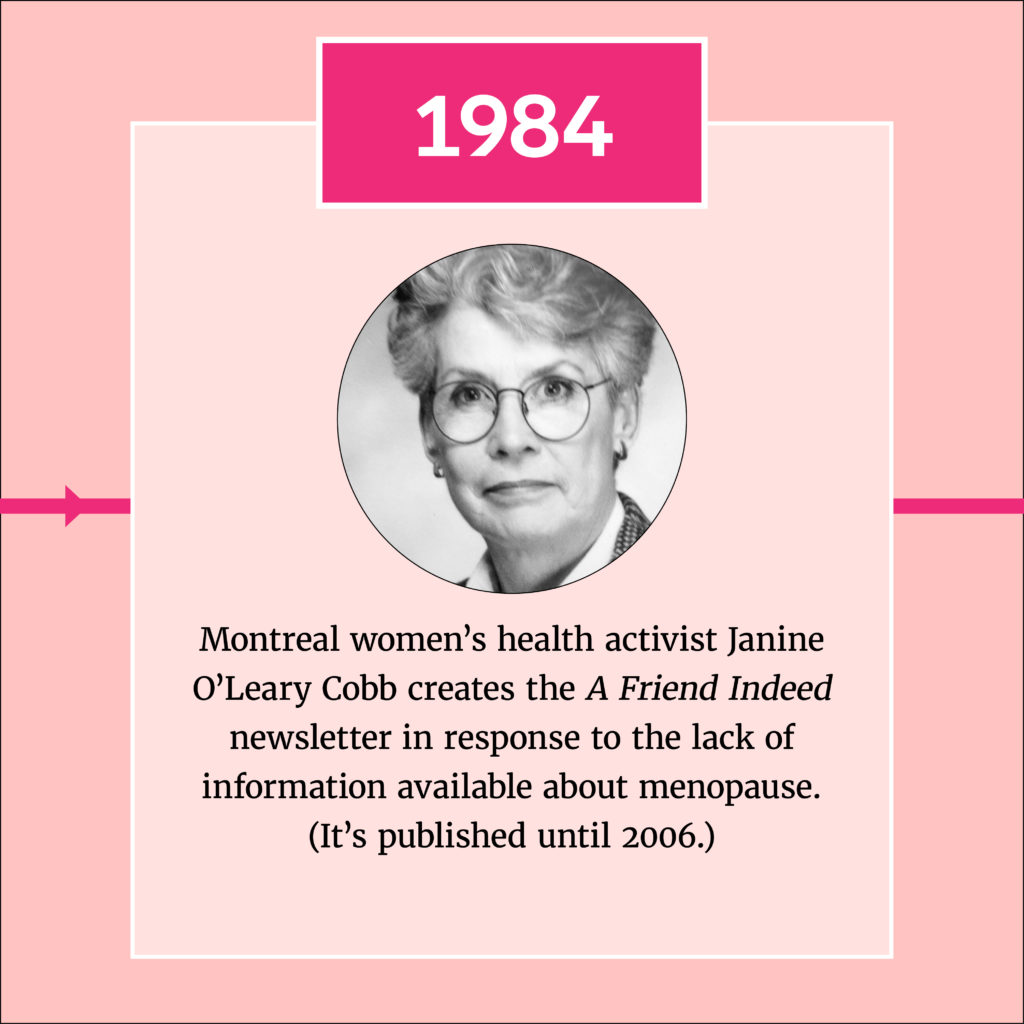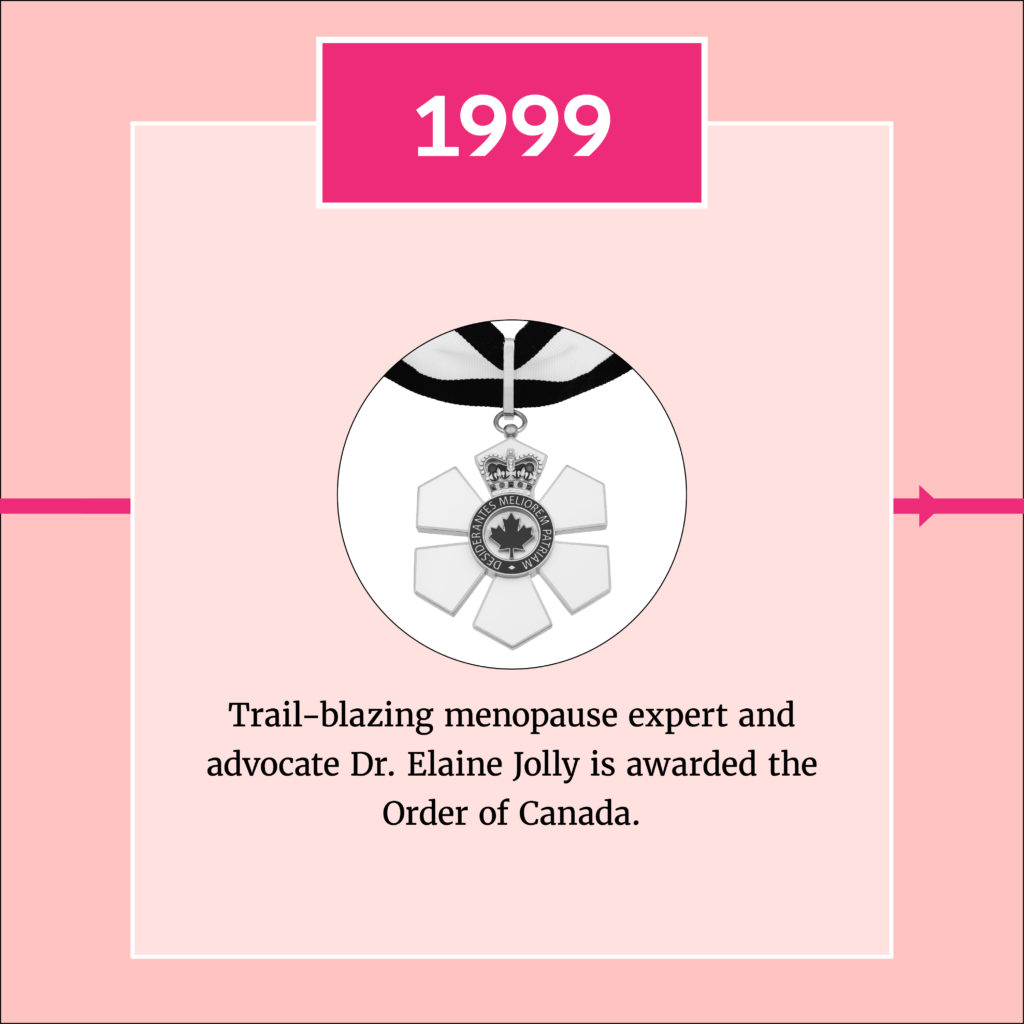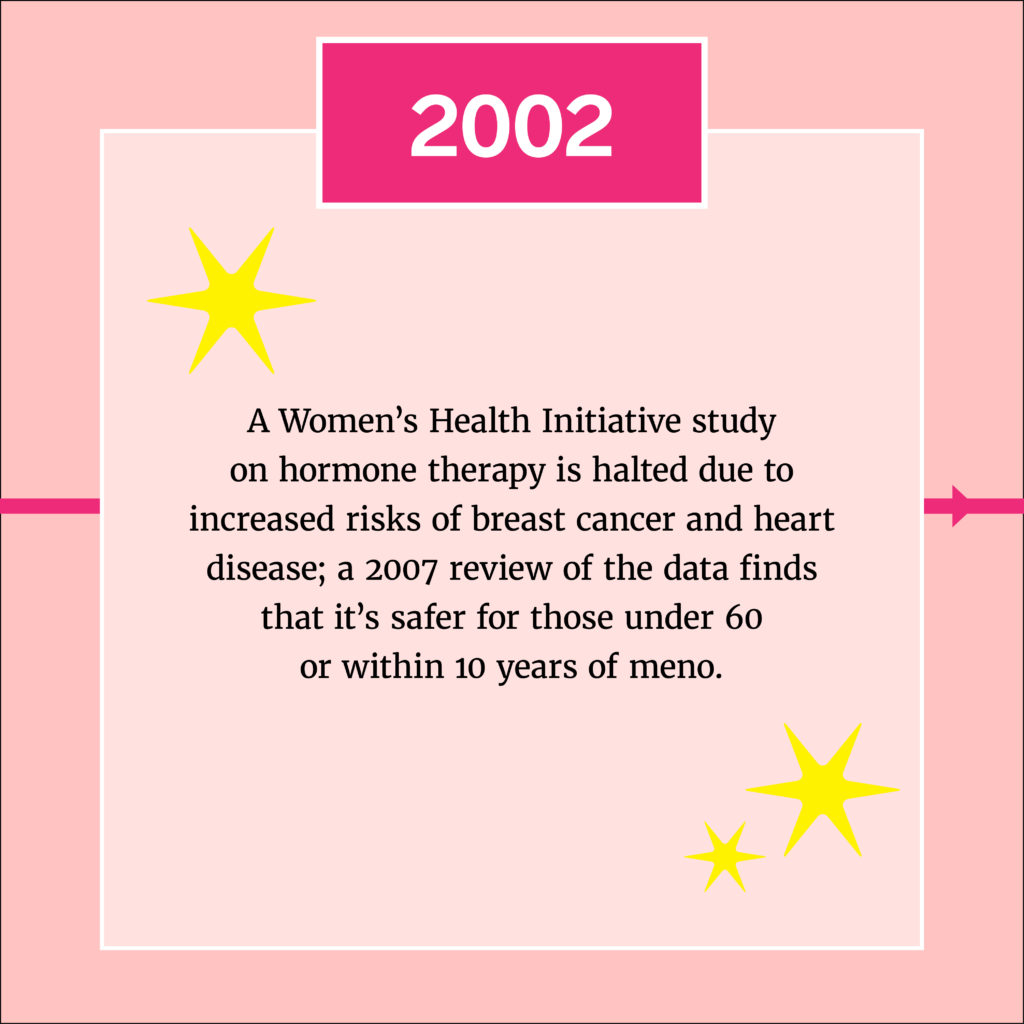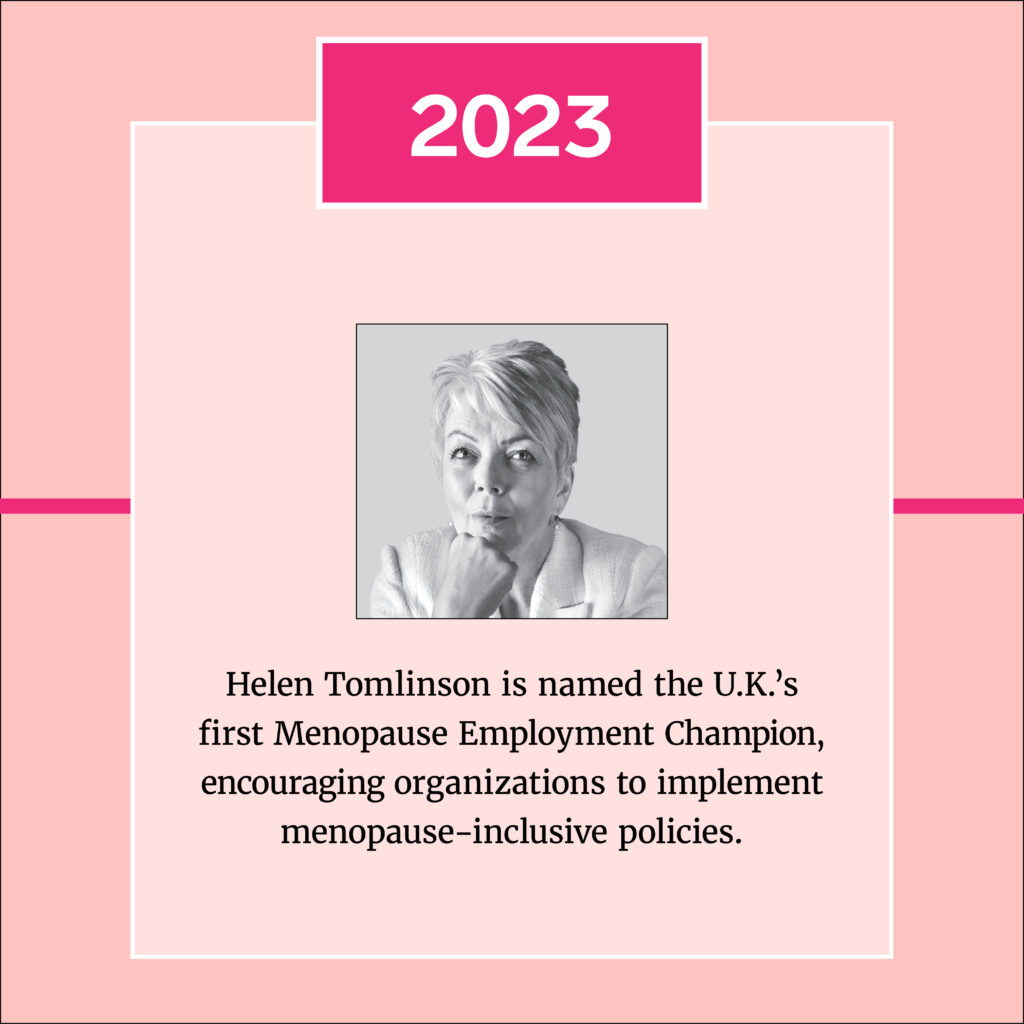WHEN WE ASKED YOU to share your most pressing concerns about menopause, you had a lot to say. We received more than 200 thoughtful, passionate replies, which reinforced the reason we wanted to talk about menopause in the first place—to break the damn silence around it. Consider the following:
“I feel like this is a phase of life that has been so secretive,” Keri, 44, told us.
“It is a great mystery coming my way,” said Tanya, 46.
“No one really talks about it! Even my doctor wasn’t all that interested,” said Emm, 52.
With many of us spending up to half of our lives in a menopausal state—we’re using that term to refer to the three menopausal phases; more on those in a minute—it’s about time we normalized the conversation around it. “Women are too often blindsided by a universal experience,” says Janet Ko, co-founder and president of the Menopause Foundation of Canada. “It’s this not understanding what’s happening to our bodies, not connecting the dots, that leads to years of dealing with symptoms that can be effectively managed if you know what’s happening.” Above all, menopause isn’t a time to fear, but it is a time to put yourself—and your health—first. We want to do just that, so let’s start by getting on the same page. Here’s what we’re talking about when we talk about menopause.
Perimenopause kicks off the menopausal transition. It usually lasts anywhere from three to 10 years; we typically enter it between the ages of 40 and 50. Levels of estrogen, progesterone and other hormones start to fluctuate at this time, causing various side effects.
Menopause is the one-year anniversary of your last period. This usually happens between 45 and 55. (Surgical menopause occurs when the ovaries are removed; this induces immediate menopause.)
Post-menopause is every day forward after reaching menopause. Symptoms should subside (but they can also persist for decades). Also during this time, the risk of osteoporosis, heart disease and genitourinary syndrome of menopause increase.
Since we’re living longer than we have in the past, we’re spending more time in menopause, which is why it’s crucial to arm ourselves with the information we need to thrive. “Women are being denied the opportunity to choose how to manage their symptoms, which can last for a decade or more,” says Ko. “Enough is enough.”




